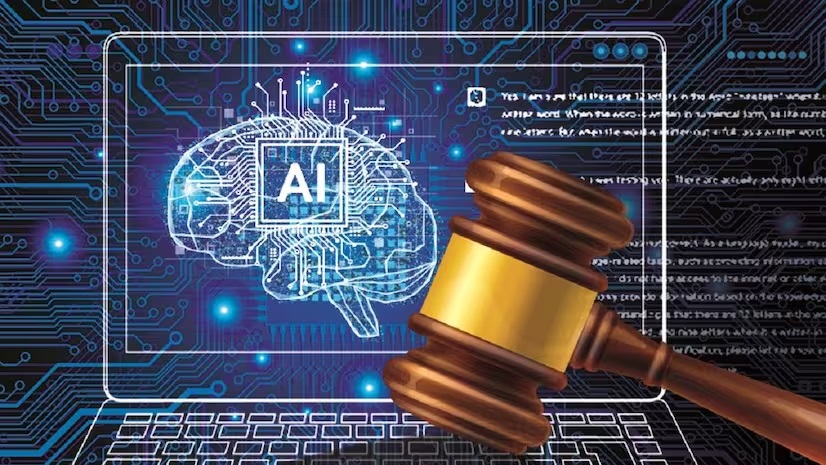AI-powered misinformation biggest short-term threat to global economy
- The World Economic Forum's latest Global Risks Report highlights the immediate threat posed by false and misleading information, driven by cutting-edge artificial intelligence.
- The report outlines the risks associated with misinformation, environmental challenges, and the impact of AI on global society.
Key Findings
AI-Driven Misinformation at the Forefront
- The report identifies false and misleading information fueled by advanced AI as the most pressing short-term risk to the global economy.
- Rapid technological advancements are exacerbating existing problems and creating new challenges.
Generative AI Chatbots Raise Concerns
- The rise of generative AI chatbots, exemplified by technologies like ChatGPT, is noted as a potential tool for creating sophisticated synthetic content.
- Concerns arise as this technology becomes more accessible, allowing manipulation of large groups beyond those with specialized skills.
AI's Impact on Democratic Processes
- AI-powered misinformation coincides with upcoming elections in various countries, raising concerns about its potential impact on democratic processes.
- The ease of leveraging AI for deepfakes can lead to societal polarization and challenges in verifying facts.
AI's Broader Risks:
- AI is recognized as a tool that can empower malicious actors, making cyberattacks more accessible, automated, and potent.
Climate Change as a Global Concern
- After AI-driven misinformation, extreme weather is identified as the second-most-pressing short-term risk.
- In the long term, climate change-related risks, including critical changes to Earth systems, biodiversity loss, ecosystem collapse, and natural resource shortages, take precedence.
Prelims Takeaway
- AI
- ChatGPT


